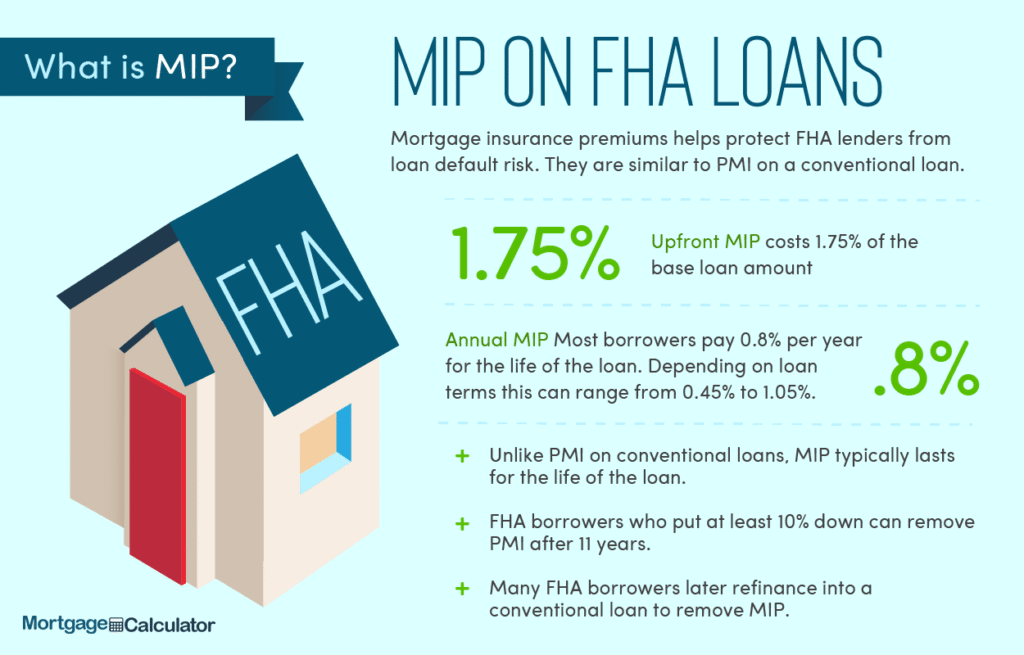In an age where technology pervades every aspect of our lives, the allure of robo-advisors in the financial advisory sector is undeniable. Offering algorithm-based, automated investment options, they promise efficiency, scalability, and lower costs. Yet, as the market grows more volatile and client needs increasingly complex, the human touch’s irreplaceable value becomes ever more clear. Here, we explore the crucial aspects a robo-advisor can’t replace.
The Importance of Empathy
Underneath the numbers and data points of one’s financial portfolio lies a myriad of personal dreams, fears, and life goals. A key aspect that robo-advisors lack is the ability to empathize with a client’s unique situation. Human advisors bring an empathetic understanding to their interactions, which is vital for making clients feel valued and understood.
Customized Strategies Beyond Algorithms
While robo-advisors operate on algorithms designed to optimize portfolio performance based on specified parameters, they fall short in crafting bespoke strategies for complex personal circumstances. Human advisors can tailor advice and strategies specifically to an individual’s life stage, financial goals, and personal values.
Understanding the Nuance of Choice
Choices in financial planning aren’t always black or white. Human advisors can navigate the gray areas, providing insight and guidance on the nuance of certain decisions — something a computer algorithm cannot fully replicate.
The Trust Factor
Trust is a cornerstone of any advisor-client relationship. While robo-advisors can earn trust over time through performance, they lack the ability to engage in meaningful dialogue, making it challenging to build a deep, trusting relationship that extends beyond mere transactions.
Navigating Life’s Complexities
Life is unpredictable. Human advisors can provide support and make adjustments based on life’s unexpected events, such as marriage, the birth of a child, or sudden illness — scenarios that algorithms may struggle to adjust to adequately.
Experience and Intuition
Experienced advisors bring a wealth of knowledge and a gut feeling that can only be gained through years of working in the field. This intuition can be critical in making timely decisions that benefit the client.
Accountability
When investment decisions don’t pan out as expected, it’s important to have someone who can take accountability, provide explanations, and suggest the next steps. This level of accountability and support is missing in the robo-advisory model.
Educational Value
A human advisor does not just provide advice; they educate their clients, empowering them to make informed decisions. This educational aspect is often overlooked by robo-advisors, which focus on algorithmic efficiency rather than knowledge sharing.
Comprehensive Financial Planning
Financial planning involves more than just investing. It includes estate planning, tax strategies, insurance, and more. Human advisors look at the bigger picture, offering comprehensive advice that encompasses all aspects of financial health.
Crisis Management
In times of economic downturn or personal financial crisis, a robo-advisor might not be adept at offering the reassurance and strategic revision a human advisor can provide.
Understanding Cultural Sensitivities
Financial decisions can be influenced by cultural beliefs and practices. Human advisors, cognizant of these nuances, can provide advice that respects the client’s cultural background.
Flexibility and Adaptability
Humans have the innate ability to think on their feet and adapt strategies in real-time — a level of flexibility algorithms haven’t mastered.
Networking and Connections
A human advisor often has a network of professionals to assist clients with various needs, an aspect of human advisory that goes beyond mere financial advice.
The Value of Being Heard
Many clients seek an advisor not just for financial guidance but for someone to listen to their concerns, ambitions, and fears. This psychological aspect of being heard and understood is something technology cannot replicate.
Handling Complex Transactions
Certain financial transactions are complex and require a nuanced understanding and a personal touch to navigate effectively — areas where robo-advisors cannot fully engage.
Moral and Ethical Guidance
Financial decisions often involve ethical considerations. A human advisor can provide guidance that aligns with the client’s moral values, a significant limitation of algorithmic models.
Conclusion
While robo-advisors serve a functional purpose in today’s financial landscape, they lack the depth, nuance, and personalization that a human advisor offers. In a world that increasingly values authentic connections and personalized service, the human touch in financial advising is not just a luxury; it’s a necessity.
Frequently Asked Questions
Can robo-advisors completely replace human financial advisors? No, while robo-advisors are efficient for basic investment management, they lack the capability to provide personalized, holistic financial advice that encompasses all aspects of a client’s life and goals.
What makes human advisors better suited for complex financial planning? Human advisors can tailor strategies to fit individual needs, offer emotional support, and adapt plans based on changing life circumstances, something algorithms cannot replicate.
How do human advisors add value to the investment process? Besides investment advice, human advisors offer accountability, education, and a personal connection that enriches the client’s understanding and confidence in their financial decisions.
Are there situations where a robo-advisor might be preferable? Yes, for individuals with straightforward investment needs or those seeking low-cost options, a robo-advisor might be a suitable choice.
How can clients ensure they’re getting the most out of their relationship with a financial advisor? Clear communication, setting mutual expectations, and regular check-ins can enhance the client-advisor relationship, ensuring alignment with the client’s evolving financial goals.



